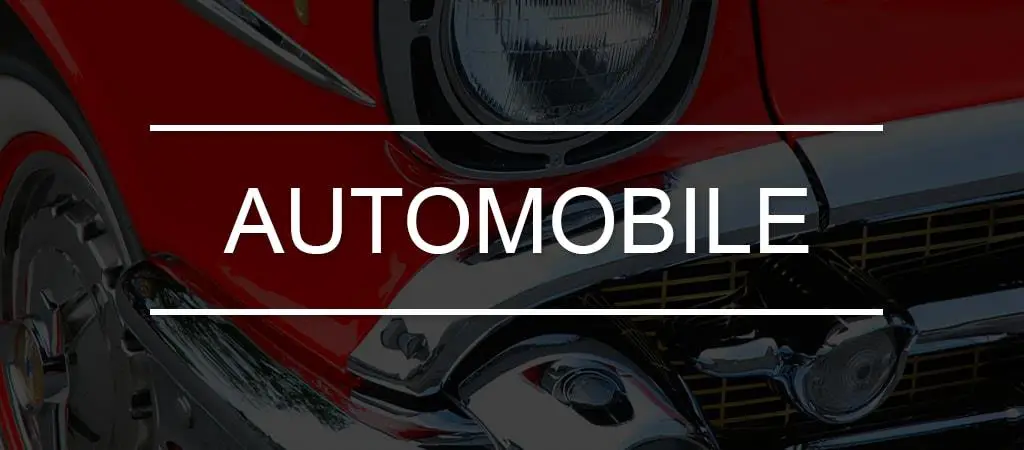Auto Giants Eye Africa’s Vast Market For Used Car Dealers

Many used cars are ready for sales in Nairobi’s Ngong Forest. The used cars that dominate the market are imported from the Middle East and Japan to Kenya. This is a big threat for carmakers as it is hard to crack the African market. The consumers in Africa still go for traditional engines, but the restrictions on carbon emission can be a hindrance.
Big carmakers like Toyota, BMW, Volkswagen, and Nissan have put pressure on the government to take steps to reduce the import of used cars in sub-Saharan Africa area and make way for an increase of local production.
Mike Whitfield, Nissan’s top executive from Africa, informed that “The question on Africa isn’t, ‘Is it a market of the future?’” but, “It’s a case of when.” The African Automotive Manufacturers (AAAM) was formed four years ago, and their struggle is yielding results now. Carmakers could get tax holidays of up to 10 years who had started local assembly plants in Kenya, Ghana, and Nigeria. Thomas Schaefer, the head of Volkswagen’s African business informs that there is a huge possibility in sub-Saharan African for an increase in sales of new cars, and he informs that the potential is 3 to 4 million new cars which are a huge difference when compared to 420,000 in the year 2017. But this again depends on looking into the matter of smuggled second-hand cars by established car dealers and reducing the price of new cars.
The African research director at Frost & Sullivan (a U.S. based market research firm), Craig Parker mentions that “It will largely depend on how successful the African governments are in limiting the amounts of second-hand imports and how price-competitive new vehicles can be with their tariffs.”
The officials mention that dumping of used cars from Japan is a big issue because strict vehicle inspections prevail there and cars are not used after a few years, which land up in Africa through dealers who are ready to buy them at a cheap price and export them. This is a big hindrance to developing the market for new cars.
According to Volkswagen’s Schaefer, “Political will is needed to change that, and without it, there is little point in considering a country for local production, the markets are literally not functioning right now due to the importation of used vehicles,” he said.
Nigeria and Ghana have promised to look into this issue and have already started taking remedial measures.
Harvey is the FinanceWhile’s passionate news writer. Before joining our team, he was a freelance writer and had written a number of articles related to finance and economics for foremost publications and news sites. He is an avid traveler. In leisure, he loves to travel and explore new places.









